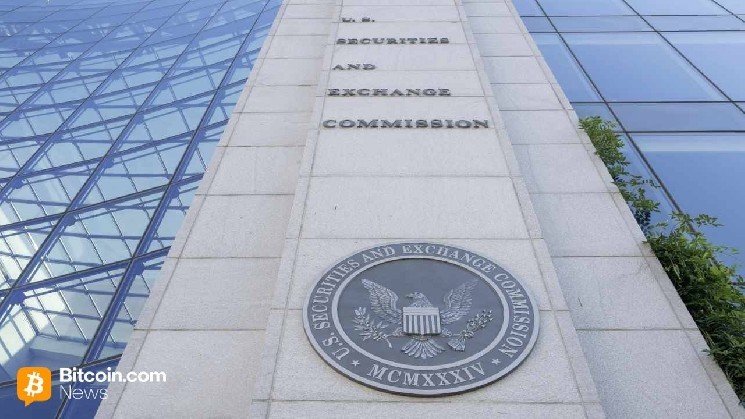DeFi lending landed back on the SEC’s agenda as regulators met with industry players to examine token classification, smart contracts, and paths toward compliant crypto loans.
SEC Crypto Task Force Discusses DeFi Lending Regulation
The U.S. Securities and Exchange Commission (SEC) Crypto Task Force continues to meet with industry participants, as reflected in a memorandum released about a Sept. 15 meeting with representatives of DeFi company Term Finance. The memo outlined Term Finance’s model for short-term, fixed-rate lending, which leverages overcollateralized crypto assets in tri-party repurchase structures and employs smart contracts for non-custodial execution.
The SEC memo stated:
The topic discussed was approaches to addressing issues related to regulation of crypto assets.
The document noted that the Reves test was evaluated to determine whether such loans resemble exempt notes and that the Howey test was examined for its relevance in deciding whether protocol tokens could be classified as securities. Term Finance raised questions about whether retail participation affects regulatory analysis, how secondary markets could influence classification, and whether interfaces contribute to the “efforts of others” prong under Howey. SEC staff stressed the need to balance public perception with the technical and economic design of the products.
Risk mitigation and compliance were also key themes in the discussions. Term Finance emphasized mechanisms such as overcollateralization requirements, decentralized price oracles, and real-time auditability to demonstrate alignment with investor protection principles. The firm also expressed interest in future engagement with the SEC through tools such as regulatory sandbox programs, ongoing reassessments with staff, and communications designed to avoid mischaracterizing loans or tokens as investment products.
The SEC’s Crypto Task Force, led by Commissioner Hester Peirce, is actively engaging with the industry via meetings, roundtables, and public input to help shape clearer regulations. It has held roundtables across the U.S.—especially targeting small crypto startups under two years old—and scheduled a public roundtable on Oct.17 to discuss privacy and financial surveillance. Although regulatory uncertainty remains, the memorandum reflected a wider industry position that automated and transparent lending protocols could complement traditional markets by improving risk management and encouraging institutional adoption.

